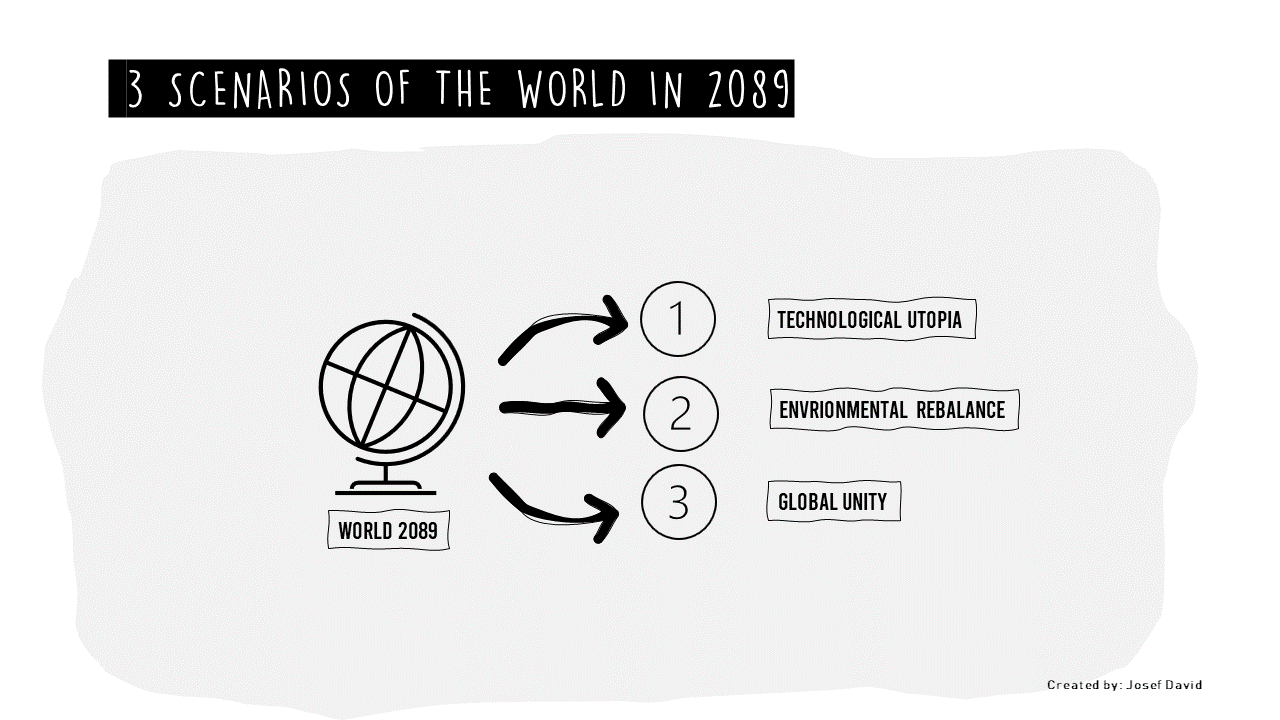As a professional copywriter, I am often asked to imagine and articulate visions of the future. The world in 2089 is a topic that invites a great deal of speculation, given the rapid pace of technological, environmental, and societal changes we are currently experiencing. Here, I will present three potential scenarios for the world in 2089.
Scenario 1: Technological Utopia
In this scenario, technology has advanced to such an extent that it has solved many of the problems we face today. Artificial Intelligence (AI) is ubiquitous and has been seamlessly integrated into our daily lives. It manages everything from our personal schedules to global logistics and even governmental operations.
The concept of work has been redefined as AI and automation have taken over most manual and repetitive tasks. Humans are now free to pursue creative endeavours or engage in lifelong learning, facilitated by advanced virtual reality technologies that offer immersive educational experiences.
Medical technology has also made leaps and bounds. Nanotechnology is used to detect and treat diseases at a cellular level, leading to increased life expectancy and improved quality of life.
Scenario 2: Environmental Rebalance
In this vision of 2089, humanity has not only halted but reversed the damage done to the environment. Renewable energy sources have completely replaced fossil fuels, and carbon capture technology has significantly reduced the amount of CO2 in the atmosphere.
Cities have been redesigned with green spaces at their heart, where urban farming is common practice. This not only contributes to local food supplies but also improves air quality and biodiversity within urban areas.
The world’s oceans have been cleaned up with advanced technologies that remove plastic waste without harming marine life. Extinct species have been brought back through genetic engineering, restoring balance to various ecosystems.
Scenario 3: Global Unity
This scenario envisages a world where national borders have become less significant due to global cooperation and understanding. The United Nations has evolved into a truly global government, with representatives from every part of the world working together to make decisions for the benefit of all humanity.
Cultural exchange is encouraged and facilitated by advanced communication technologies that allow for real-time translation between any languages. This has led to greater understanding and appreciation between different cultures.
Economic disparities have been addressed through a global basic income system, ensuring everyone has access to basic necessities such as food, shelter, healthcare, and education.
These scenarios are purely speculative and based on current trends in technology, environmental awareness, and globalisation. The actual world in 2089 could be a combination of these scenarios or something entirely different. It’s important for us to remember that the future is not set in stone but is shaped by our actions today.
